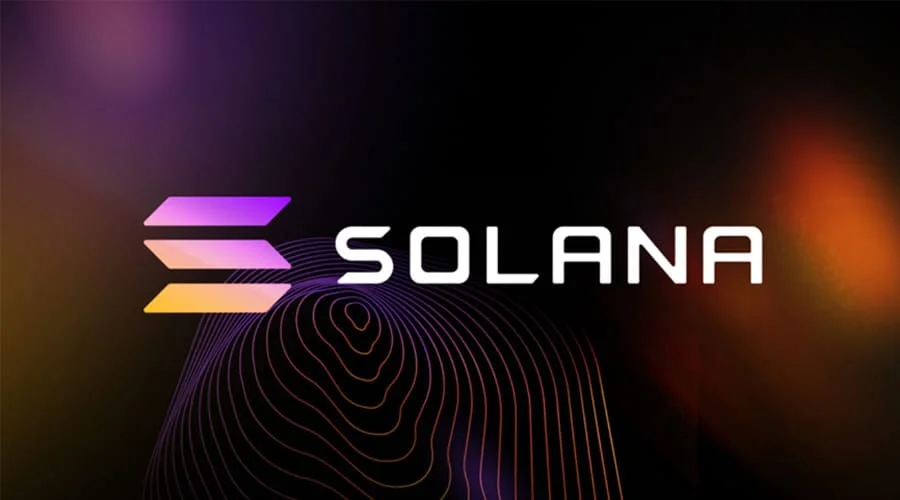
Solana’s Low Transaction Fees Could Make It Ethereum’s Greatest Rival
Solana isn’t the only blockchain platform designed with scalability in mind.
Still, its low transaction fees and high throughput could make it the greatest Ethereum rival to date or help Ethereum mitigate some of its potential scaling issues.
So what’s behind this new platform? How does it work? And how can you use it? How to buy solana? Let’s take a closer look at Solana and what it could mean for Ethereum in the future.
Why should you know about Solana?
Solana uses a new consensus mechanism called Proof of History similar to Bitcoin’s Proof of Work (PoW) but offers significant improvements.
Solana also features a faster block time and has lower transaction fees than Ethereum. These factors have made it an attractive alternative to Ethereum for smart contract developers looking for a faster platform.
Solana was designed to be compatible with EVM-compatible smart contracts, allowing developers to port existing code over or utilize libraries from ETH on Solana.
What are the benefits of Solana?
Solana’s low transaction fees have made it an attractive alternative to Ethereum. Solana is much faster than Bitcoin and currently supports about 50,000 transactions per second. Its lower transaction costs have given it an edge over Bitcoin Cash and Zcash.
How does Solana compare to other projects in this space?
Solana differs from other blockchains like EOS, NEO, and TRON in that it’s not trying to be a generalized blockchain.
Instead, Solana is targeted at high throughput dApps with few transactions (think smart contracts) where it’s feasible to trade-off decentralization for speed.
Its consensus mechanism is designed as a Proof of History with randomized checkpoints instead of a traditional PoW algorithm like Ethash or CryptoNight.
This means nodes don’t need to store all transaction history to maintain consensus on the current state.
The result is a system capable of processing tens of thousands of transactions per second while maintaining strong security through a limited number of nodes.
Should I buy SOL tokens?
Investing in Solana tokens carries some risks, but if Solana is successful, it will carry a lot of rewards.
Many large companies are currently looking into blockchain technology, and there’s nothing to say that many of them won’t turn to Solana for their smart contract needs.
At that point, SOL tokens should have a bright future ahead of them—especially since transaction fees will be so low on the platform. Just keep in mind that these coins are still pretty new.
There could be some bugs or glitches with the system; however, we can only know for sure once it has been tested over time.
Where can I get help if I need it?
If you’re having trouble with your business idea or business plan, professional entrepreneurs and angel investors are a great place to start. They might be able to help you get through a creative block or take an objective look at your business plan before taking it to investors. Entrepreneurship is a lot about knowing when (and when not) to ask for help.
Take advantage of free resources like Meetup groups and local events hosted by accelerators, incubators, universities, and other entrepreneurial hubs.
These events can give you access to people who have already been where you are now—they may even offer one-on-one mentorship opportunities that can help accelerate your success.
Who could benefit from using Solana?
Solana is best for dApps that require many transactions per second. For example, games or token sales could benefit from Solana’s scalability and low transaction fees.
Solana also supports Turing-complete smart contracts, which could make it appealing to developers who want their applications to be able to process complex logic.
Developers will also like using whatever programming language they are most comfortable with when creating their dApps on Solana.




